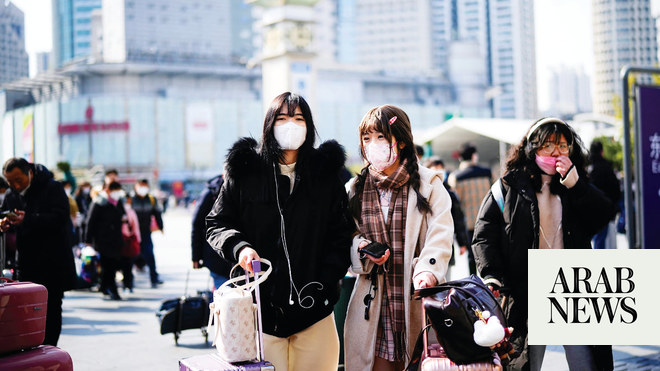
(Reuters) - U.S. airline executives on Monday pointed to concrete signs of a domestic leisure travel recovery as a slowing pandemic drives spring and summer bookings, pushing shares to their highest level since the coronavirus crisis hit the sector a year ago.
“We certainly are seeing the beginning of what feels like a very large uptick,” said American Airlines Chief Executive Doug Parker, one of several CEOs speaking at a J.P. Morgan conference.
Ted Christie, CEO of budget carrier Spirit Airlines, said the recovery appeared to “have legs.”
Executives cited data showing that U.S. COVID-19 vaccinations are accelerating and have outstripped the number of positive cases, which are on the decline.
As of Sunday, 21% of the U.S. population had received at least one dose of a vaccine.
As a result, people are booking vacations and visits to friends and relatives, helping to slow the pace of expected revenue declines in the first quarter, though business and international travel remain depressed.
Airline shares started dropping dramatically on Feb 21, 2020, as the pandemic spread, reaching a low on May 14 and gradually increasing since then to the current high.
United Airlines expects to halt its cash burn in March, CEO Scott Kirby said, the first major carrier to say it could hit the industry’s milestone. In January, United said an average daily core cash burn of $19 million in the fourth quarter would likely continue in the beginning of 2021.
The positive trend in core cash burn is expected to continue after March, assuming the current bookings trajectory remains in place, Kirby said. Core cash burn excludes debt and severance payments.
Shares of United surged 9% and the Dow Jones U.S. Airlines Index [.DJUSAR] climbed more than 4%.
Delta Air Lines is “cautiously optimistic” that it can halt its cash burn this spring, CEO Ed Bastian said.
Delta said it will use cash for aircraft purchases in the second quarter and expects its first-quarter revenue decline to be at the low end of its forecast for a 60% to 65% decline from the same quarter in 2019, before the onset of the pandemic.
Southwest Airlines estimated lower cash burn in the first quarter and a lower decline in operating revenue for March than previously forecast.
JetBlue Airways also forecast a slowing pace in its first-quarter revenue drop, projecting a decline of between 61% and 64%, compared with the same period in 2019. It had previously forecast a fall in revenue of 65% to 70%.
American, the most leveraged U.S. airline, said it is not looking to raise any more financing after a $10 billion debt deal last week and expects to have more than $17 billion of liquidity at the end of March.
More than 1.3 million passengers were screened in U.S. airports on Friday and Sunday, according to Transportation Security Administration data, the highest number since the pandemic crushed air travel in 2020.
“I do think we’re near the end of the virtual world,” said United’s Kirby.











